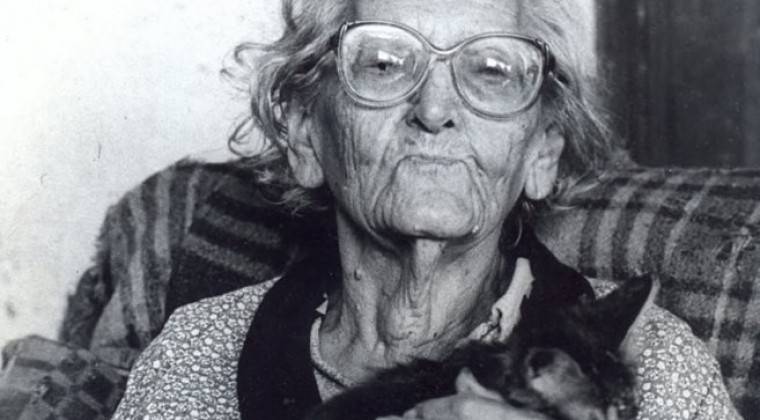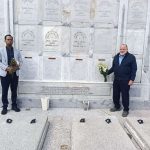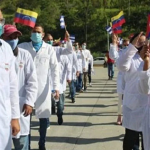To link literature as an expression of art, this initiative was born from the institution within the framework of the creation of a new area of artistic exploration with the support of the Society of Writers of Paraguay, PEN Paraguay, Associated Paraguayan Writers and Bookstagrammers Paraguayan.
The idea It is oriented towards the design of a horizontal, participatory and innovative academic offer that enables non-formal learning of creative writing in its different supports and tendencies. Classes will be face-to-face and virtual. It is a Technical Course in Literary Arts, with the name of «Josefina Plá School of Literary Arts».
Strategic sectors of the literary field will be involved, and, in this context, an effective interaction between the work team, the teachers and the students of the course will be possible, which will be aimed at all people who have an interest in writing and who wish to enrich their knowledge in this area, whether as an amateur or professional writer, reader or scholar of letters and literature.
The main requirement of the team is teaching excellence. The teachers, in addition, must be experienced and professional writers, previously trained and trained in their subjects and areas; They will be specialists in letters, literature, formats, as well as connoisseurs of Spanish grammar, proven in their ability to teach students of all ages. Teachers must have at least one published book, and will be subjected to interviews with the work team.
It may interest: “La Jenny”, next April in Paraguay
The Coordination of the School is in charge of Estela Kobs. Poet and writer, born in Guairá, Paraguay, she is also a lawyer, notary public, and university professor. She is a member of Associated Paraguayan Writers – EPA and the Society of Writers of Paraguay – SEP. Publications: “With words from the heart”, “Soul”, “Shelf of verses” and several collective publications.
In this regard, Estela Kobs explained that The course will be developed in an experimental laboratory format where practical dynamics are prioritized. “Although there are theoretical modules in the mesh, they will not be developed in the form of non-participatory standardized models, but will appeal to creative training and exploration in the construction of knowledge,” he said.
He added that the course It will start in the fortnight of April and will last for 2 years. The first three semesters contemplate the development of a general syllabus, common to all, and the last one the student may choose any of the following specializations:



















